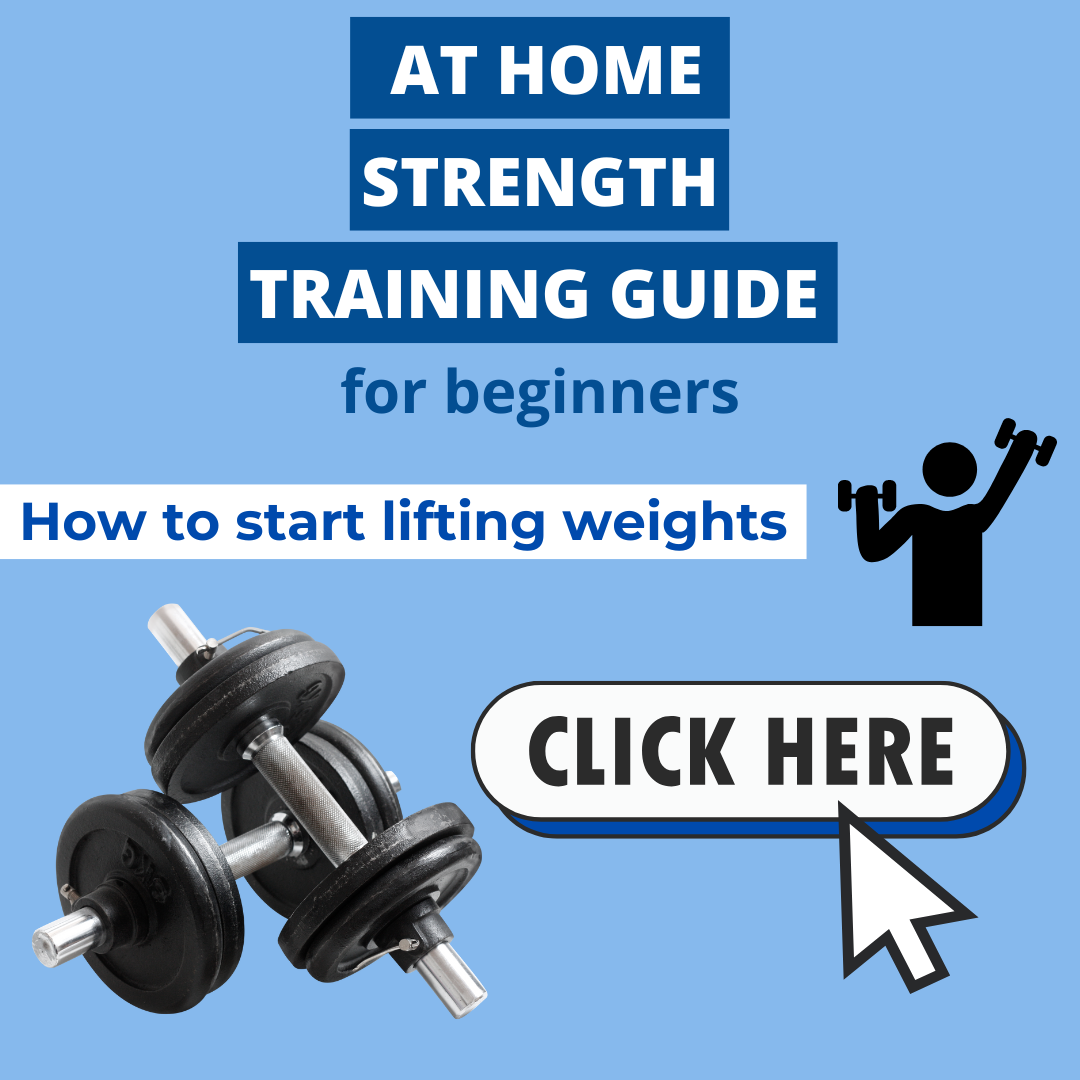4 Reasons Why You’re Losing Inches But Not Weight

Have you said to yourself recently…
I feel like I’m losing weight but the scale doesn’t show it?
It all just doesn’t make any sense.
You’ve made a big effort to stay consistent diet and exercise-wise.
You appear leaner and more defined when you look in the mirror.
Your clothes are also fitting looser.
And STILL, the number on the scale just won’t go down.
It’s maddening.
It makes you want to pull your hair out until you have none left.
Here’s the good news…
As long as your measurements are going down (which I recommend taking at least every two weeks), it doesn’t matter what the scale says.
Inch loss = fat loss, so you’re still making progress.
Why are you losing inches but not weight though?
That’s what we’ll be talking about in this article.
How should you view the scale?
I want to start off first by saying this: All the scale provides is data.
The number you see whenever you weigh yourself is just that…A number.
It has absolutely ZILCH to do with your worth as a human being.
I don’t care what that number is!
You’re still an awesome spouse, sibling, friend, coworker, etc.
Next time you’re feeling a little less than because of the number you see on the scale, go ahead and give that big hunk of metal and plastic a good ol’ double middle finger salute 🖕
Are we good with that?
Okay, moving on then.
Look, I get it.
Obviously, we all use the scale as a way to measure our progress.
It’s the universal go-to.
But there’s something you need to be aware of…
The number you see on the scale won’t always be the most accurate representation of where you truly stand results-wise.
Weigh yourself every single day for the next few weeks and you’ll see what I mean.
Even if you’re 100% consistent during that time span, the reality is your weight won’t go down every single day.
It’s going to fluctuate.
You might weigh in at X amount on Monday.
And then the very next day, the scale’s saying you gained 5 pounds overnight 😳
Don’t let that send your anxiety skyrocketing to the moon.
Realize that weight loss isn’t linear.
So when your weight is moving up and down and up and down on a daily basis, it’s totally, 100% normal.
A lot of those daily fluctuations are just due to water retention.
For example, eating more carbs or sodium can make your body hold onto more water.
The more water you’re holding onto, the higher the number on the scale.
You didn’t put on 5 pounds of fat in 24 hours.
As good of a feeling as it is to see a lower number when you weigh yourself, there’s one pretty big drawback with the scale.
It can’t measure body composition (i.e. your lean muscle mass), and improving that should be your ultimate goal.
Why?
Weight loss and fat loss are two different things.
You want a leaner, more toned, and defined look…Right?
When you focus on weight loss exclusively, you don’t get that.
Instead, you’ll create a smaller, yet undefined and softer-looking version of yourself.
It’s the kind of physique where you think to yourself, “Yeah, I can tell I’ve lost weight but I’m still carrying around some extra belly fat and pudge in other places I don’t want!”
On the opposite side of that is fat loss, which is how you improve your body composition and create a leaner, more fit look with some muscle and shape.
So, you could lose a ton of weight but if you’re not doing things to build/preserve muscle (i.e. lift weights, make sure to get enough protein), you won’t lose body fat or create the physique you want.
Why am I losing inches but not weight?
Again, scale…Just a number.
And fat loss trumps weight loss.
All day, every day.
What do ya say we get into the actual reasons why you’re losing inches but not weight?
1. You’re building muscle and losing fat at the same time
Typically, you’d want to alternate between periods of bulking and cutting (muscle-building vs. fat loss) to achieve the best results.
I’ll put it like this–
Attempting to do both at the same time would be like trying to:
- Read with your eyes close
- Run forward and backward at the same time
- Draw a square with one hand and a circle with the other (go ahead and try it if you don’t believe me, I felt like a complete fool doing this 😂)
Just doesn’t work.
Buuuuut…
If you’re a beginner to strength training or have taken a significant amount of time off from the gym, you can actually build muscle and lose fat simultaneously.
You’re still in a calorie deficit, counting your calories, and all that good stuff, yes.
But staying on top of your nutrition (i.e. getting enough protein to fuel muscle growth) and strength training routine essentially allows you to replace muscle with fat.
A pound of muscle and a pound of fat both weigh the same.
But since muscle takes up less space than body fat (i.e. it’s more dense), that’s why you’d be losing inches but not weight.
2. You’re experiencing inflammation in your muscles
These next couple of reasons why you might be losing inches but not weight have to do with water retention.
Which, if you remember, can cause fluctuations on the scale.
Here’s the thing, lifting weights tears our muscles down.
Are you imagining your muscles falling off the bone like a tender set of ribs at the family barbecue?
It’s not like that 😂
You just get these little, tiny microtears in your muscle fibers.
You actually want this to happen because breaking your muscles down allows your body to build them back up…Bigger, stronger, and with more definition than before.
This whole process does come with some inflammation, which leads to water retention and a higher number on the scale.
If you’re new to strength training, the scale might not budge for the first couple of months.
Or, you might notice that your weight spikes when you switch up your workout routine.
The point is that inflammation can happen at various times but just know it’s nothing permanent.
You could be doing everything by the book—you’re on point with your workouts, nutrition, and get your daily 10K steps—and still not lose weight
Remember though, inch loss = fat loss.
So if you’re losing inches but not weight, you’re still making progress, regardless of what the scale says.
3. You’re increasing muscle glycogen
You’re in the gym working hard and focused on applying progressive overload to get stronger.
Those heavy strength training sessions push more glycogen (carbs) and water into your muscle cells.
When your muscle cells absorb all this extra glycogen and water, it can temporarily result in losing inches but not weight.
It’s the same thing as with inflammation, there’s no need to freak out.
Muscle glycogen only occurs in the short-term and your weight will normalize in the coming days.
You might notice this especially after leg day.
Since your lower body has the most muscles, you produce more glycogen during leg workouts.
4. Your bone density has gone up
When someone says lifting weights, your first thought is probably muscle growth.
But in the same way strength training helps you build muscle, it also builds up your bones and makes them stronger, which is another reason why you might be losing inches but not weight.
*** LADIES ***
This is one of the benefits of lifting weights that is particularly important to you.
The chances of developing osteoporosis are SIGNIFICANTLY higher for you than it is for men.
Bone density isn’t going to be this huge, monumental reason why you’re losing inches but not weight but it’s definitely still worth pointing out.
I want you to have all the facts, ya know?
Losing inches but not weight FAQs
Is it common to lose inches but not weight?
Losing inches but not weight is extremely common if:
- You’re new to strength training
- You’ve taken an extended leave of absence from working out
If you fall into either of those two categories, you can build muscle and lose fat at the same time.
Since muscle is more dense than fat (it takes up less space), that’s why you’d lose inches but your weight would stay the same.
Is losing inches better than losing weight?
Most of the time the two go hand in hand but this isn’t always the case.
As you know, the scale won’t always paint the most complete picture of your progress and you can run into a scenario where you’re losing inches but not weight.
In reality, losing inches but not weight is ideal because that means you’re losing fat and building muscle simultaneously.
But that only applies to people who:
A.) Are a beginner to weightlifting
Or…
B.) Have been off from the gym for a while
Why do I look skinny but weigh the same?
This is the definition of losing inches but not weight.
You look “skinnier,” leaner, and more toned when you look in the mirror but at the same time the scale hasn’t budged.
You’re simply experiencing fat loss and muscle growth at the same time.
When will I see weight loss?
I know this might not be the answer you want to hear but…
It depends.
That’s how fitness is with a lot of things.
As a general rule (key word: GENERAL) you can expect somewhere between 0.5 lbs-2 lbs of weight loss per week.
Remember though, weight loss can be influenced by a variety of factors and won’t always be an accurate representation of your progress.
Inch loss, especially as a beginner, is a lot more reliable metric.
If you’re losing inches but not weight, keep going.
What you’re doing is work and eventually, the scale will catch up to the progress you’re making in the inches department.
If you haven’t seen a decrease in measurements after about three weeks, what you’re doing isn’t working and you need to take a look at what’s preventing you from being in a calorie deficit.
What should I do if I stop losing both inches AND weight?
“I’ve hit a weight loss plateau.”
That’s probably your first thought, right?
First off, if you’re losing inches but not weight, nothing is wrong and you just need to keep going.
If neither of those is happening, don’t worry, your metabolism isn’t broken.
You just have to take a look at what’s going on.
In order to consider yourself stuck in a weight loss plateau, that means…
You’ve been at least 90% consistent over the past three weeks in terms of staying within your calories and hitting your workouts.
90% consistency, as in 9-0.
If you haven’t been at least that consistent over the past THREE weeks, start there.
You’ve been 90%+ on top of things over the past few weeks?
If neither your weight nor your measurements have been going down, you can consider yourself as hitting a plateau.
You can either:
1.) Drop your daily calories by 100-200.
Or…
2.) Throw in 1-2 low-intensity cardio sessions a week for about 20-30 minutes each (this most definitely does NOT have to be fasted cardio if you don’t want it to be).
Don’t do both at the same time.
Try one first then add the other one on top if the first one by itself doesn’t work.
We don’t want you to have to do any more work than you need to.

What's up?
I’m Chad, I’m happy you’re here! I’m a certified personal trainer and my goal is to help you form practical, sustainable habits that lead to lifelong fitness results. If you want to lose fat, build muscle, and live a healthier, happier life then you’re right where you need to be. 💪🏾
Free resources
⬇⬇⬇







0 Comments